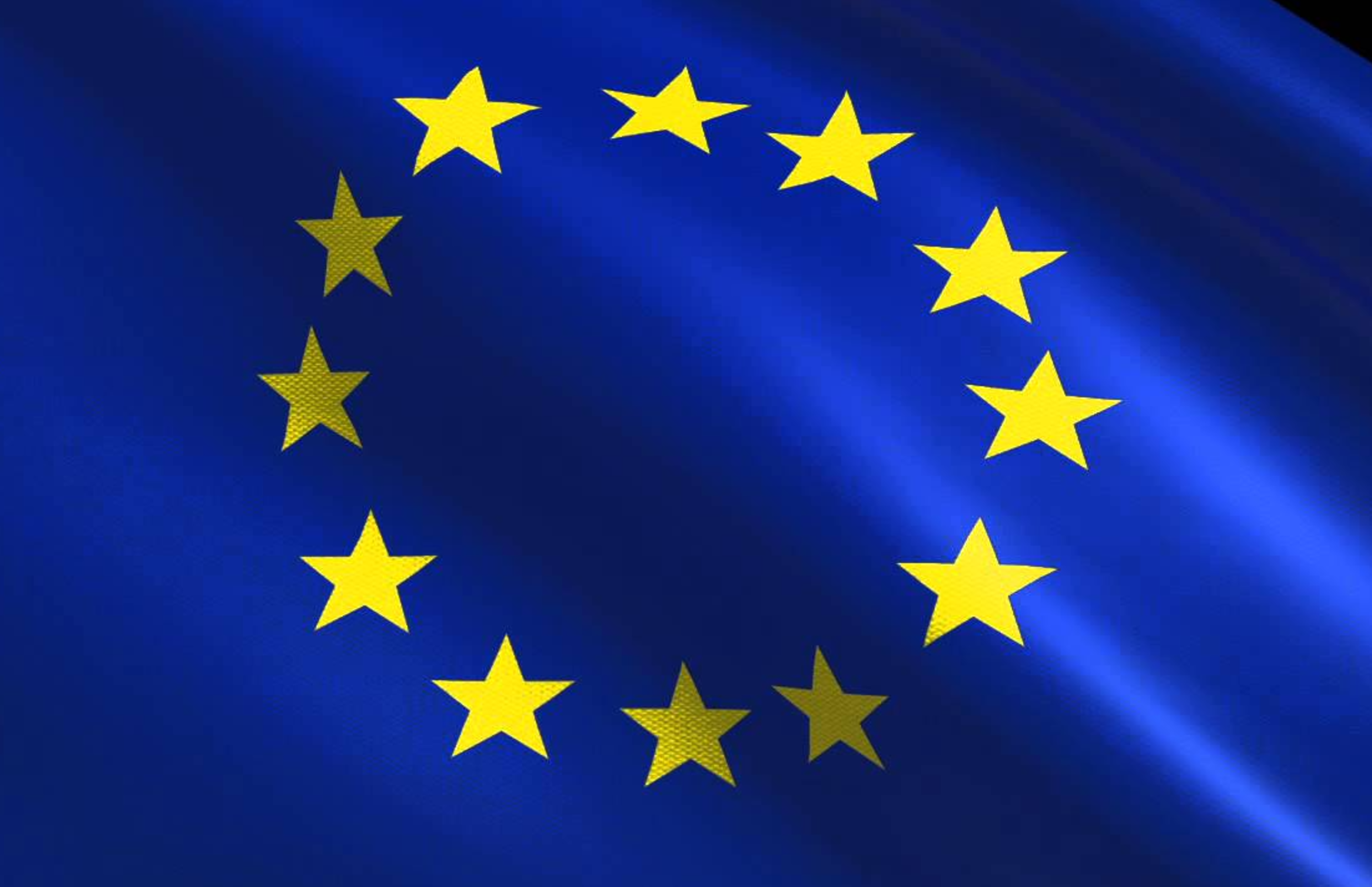European Union includes Evraz on sanctions list
News Analysis

28
Oct
2025
European Union includes Evraz on sanctions list
European ferrovanadium production, which is heavily dependent on Russian feedstock from Evraz, may face difficulties as a result.
On 23 October the European Union (EU) added several major Russian companies, including Evraz to the consolidated list of persons, groups and entities subject to EU restrictive measures (so-called “19th sanctions package”).
For reference, the UK government first sanctioned Evraz's prominent investors and subsequently the company itself during March-June 2022.
The European ferrovanadium market reacted to the news with a slight price increase. However, market participants do not expect this trend to be sustained, as there has been no fundamental growth in vanadium demand.
The main question now relates to the future of Czech Vanadium in the Czech Republic. Until 2024, this was part of Evraz, under the name “Nikom”, and continues to produce ferrovanadium using vanadium pentoxide from Evraz's Russian plant.
This was possible because, until last week, Evraz group was not subject to direct EU sanctions, and also because Russian vanadium pentoxide, unlike ferrovanadium, was not banned from import into the EU. However, concerns among consumers of Czech ferrovanadium regarding the ‘Russian trace’ had been circulating for a long time.
In Europe, apart from Czech Vanadium, ferrovanadium is produced by Treibacher Industrie in Austria. Although the latter can reduce its dependence on Russian raw materials by recovering vanadium from spent catalysts, overall high production costs in Europe make Russian feedstock very attractive.
According to customs statistics, imports of vanadium pentoxide into the EU totalled 11.3kt (gross) in 2024, up from 10.2kt (gross) in 2021, with Russia accounting for 62% of the total. The largest consumer in the EU (65%) was the Czech Republic. At the same time, since 2021, the volume of Russian vanadium pentoxide imported to the EU has decreased by 30% in favour of material from Brazilian (Largo).
According to Project Blue, the trend of increasing raw material supplies from Brazil may accelerate in the near future, especially given the difficulties faced by Largo in the US market, following Washington's introduction of trade tariffs against Brazil in August.
Another alternative to Russian vanadium pentoxide could be an increase in Chinese imports, but given the geopolitical environment, this scenario seems unlikely.